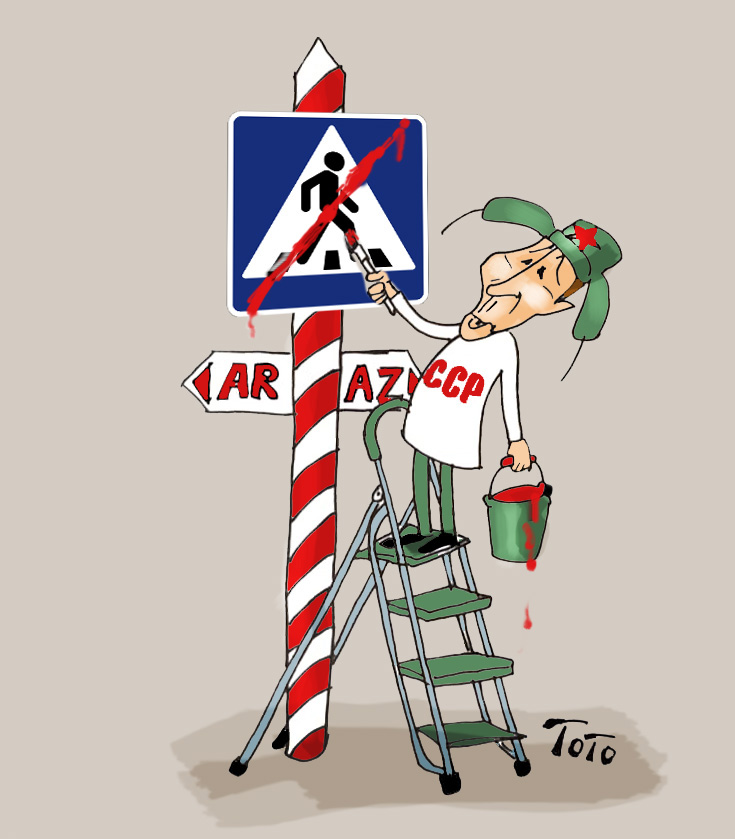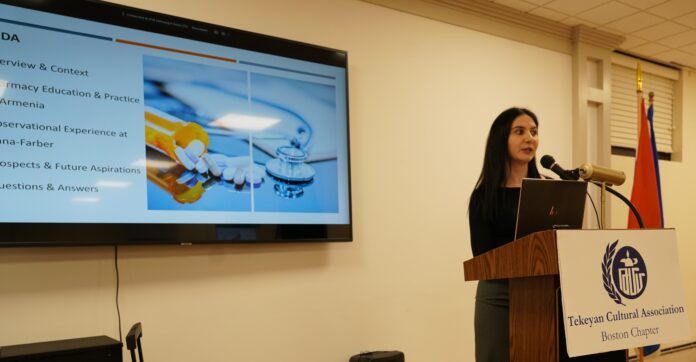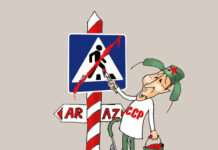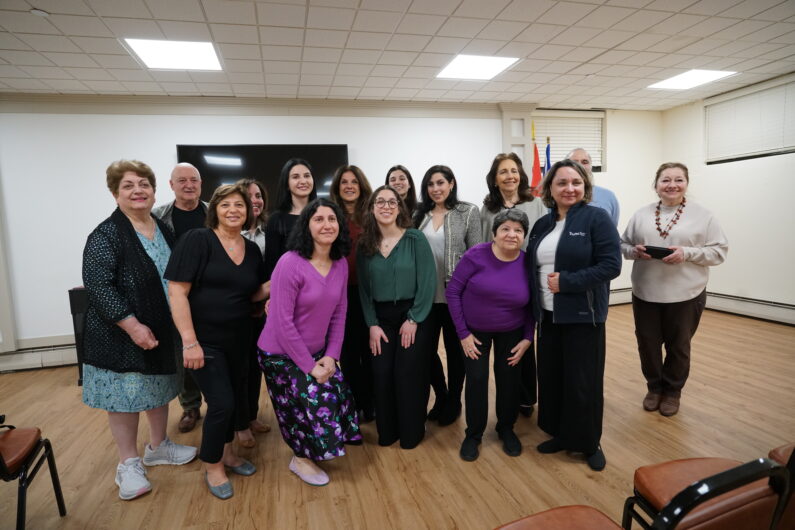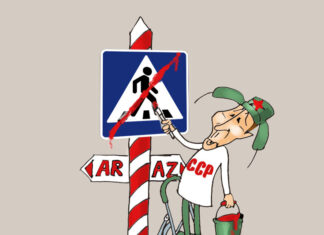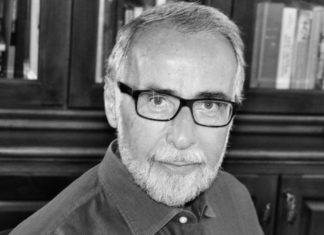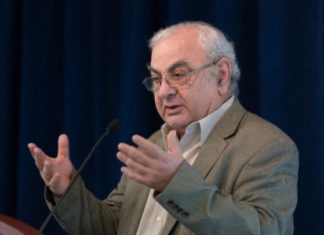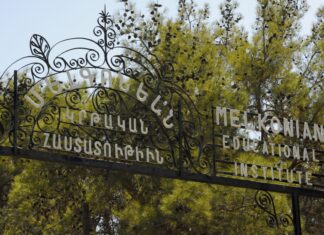WATERTOWN — Visiting pharmacist from Armenia Melanya Sahakyan gave a lecture at the Baikar Center on April 14, providing a comparative look at clinical pharmacy in Armenia and the United States. The talk was sponsored by the Armenian American Pharmacy Association and the venue provided by the Tekeyan Cultural Association.
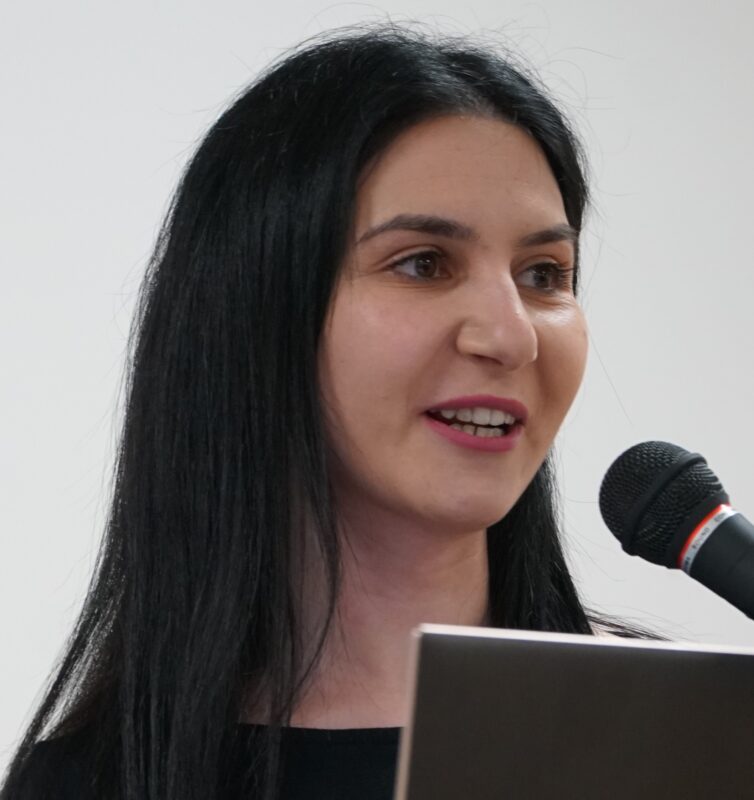
Sahakyan was completing an eight-week clinical pharmacy observership at the Dana-Farber Cancer Institute. She previously completed her pharmacy education at Yerevan State Medical University (YSMU), obtaining a bachelor’s degree after four years of study and a master’s degree after one further year. She also did a two-year clinical pharmacy residency. At present she works at the Yeolyan Hematology and Oncology Center of the Ministry of Health of the Republic of Armenia in Yerevan. Sahakyan said that this hospital treats all pediatric cancer and hematology patients in Armenia, as it is the only hematology center in Armenia, and is considered one of the best hospitals in the country.
At this hospital, she is the head of the drug provision department, with responsibilities including the purchase and management of medicines, medical supplies and laboratory reagents.
She noted that her program of study in Armenia provided only theoretical knowledge, without the opportunity to do visitations or be involved in the work of a healthcare team. Moreover, in her current hospital job, while she works closely with doctors and medical teams, she is not directly involved with the healthcare of patients as clinical pharmacy is not yet utilized in Armenia’s hospitals.
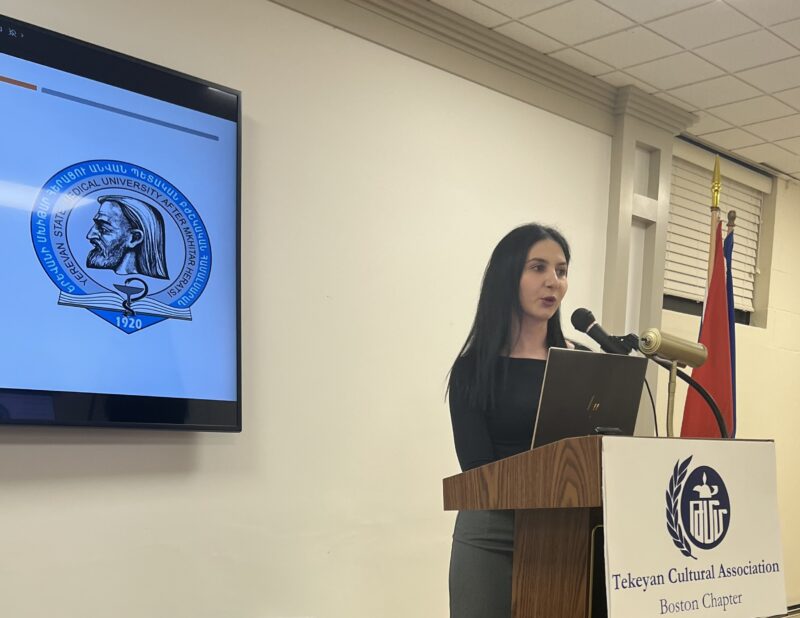
This means, she said, that prescription checking, patient counseling, and the administration of medication are not part of the pharmacist’s role. Instead, the functions of clinical pharmacists are mostly performed by doctors and nurses, while some functions are not performed at all, Sahakyan observed. For example, chemotherapy preparation is carried out by nurses, she said, often without appropriate safety measures or specialized training, which increases the possibility of errors. The fact that nurse practitioners and physician assistants also do not exist in Armenia increases the burden on Armenian doctors and nurses. (On recent attempts to reform nursing practices in Armenia, see “Winchester Hospital Trains Armenian Nurses as Part of Healthcare Reform,” Mirror-Spectator, May 8, 2025.)
She ascribed this situation to the current education system for pharmacists, who lack practical training. She said that the low level of cooperation with doctors is because they do not trust the pharmacists, declaring: “I don’t blame them, because we don’t have enough education [in clinical practice].” In addition, the government does not require the presence of clinical pharmacists in hospitals for the latter to obtain their licensing.
